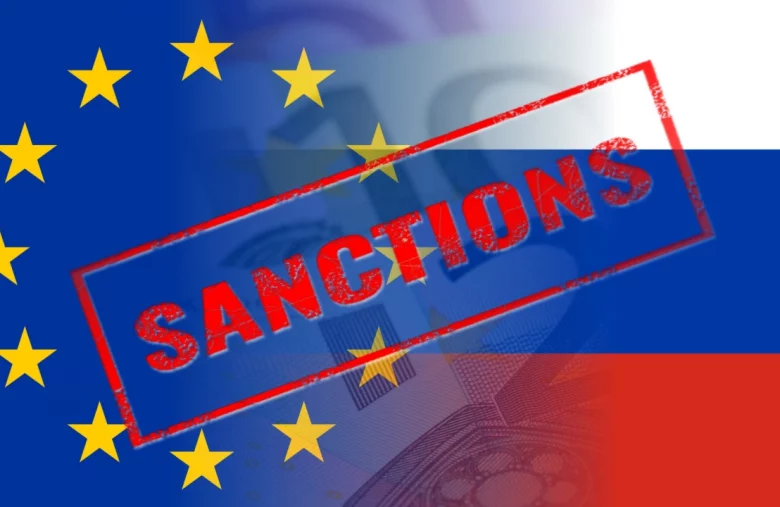EU Blocks All Russian Access to Crypto Over Ukraine Referendums

- The European Commission has announced an eighth round of sanctions against Russia.
- In addition to further restricting crypto transactions, it also expanded to other crypto services.
- Meanwhile, Russian authorities banned access to crypto exchange OKX.
Services surrounding cryptocurrencies have been targeted by the latest round of sanctions on Russian citizens, according to a recent announcement.
The European Commission, the executive body of the European Union, announced that it had agreed on an eighth round of sanctions against Russia due to its ongoing invasion of Ukraine, according to a press release on its website.
All crypto contact with Russia banned
Among the latest addendums, services related to cryptocurrencies have been curtailed, in addition to the tightening of existing prohibitions.
While cryptocurrency transactions of up to €10,000 ($9,800) had still been permissible by Russian citizens within the country, they have now been banned, in addition to all crypto-asset wallets, accounts, and custody services.
The current package of sanctions also expanded the scope of services that are now restricted to the Russian government and citizens within the country. These included IT consultancy, legal advisory, architecture, and engineering services.
According to the announcement, “these are significant as they will potentially weaken Russia’s industrial capacity because it is highly dependent on importing these services.”
Russian restrictions
Meanwhile, authorities in Russia have also moved to restrict access to cryptocurrency services. Records from the Russian federal executive agency responsible for media oversight revealed that the Prosecutor General of Russia restricted access to the cryptocurrency exchange OKX.
The reason for the ban relates to the Russian government’s efforts to maintain its dominance over the media. According to the records, authorities have restricted access to websites “that contain information calling for mass riots, extremist activities or participation in mass (public) events held in violation of the established procedure.”
Speaking out against the “special military operation” has been illegal in Russia since the invasion began in Feb., with the threat of 15 years in prison.
Yet, as the invader struggles to hold ground in Ukraine, the partial mobilization announced by President Vladimir Putin has seen hundreds of thousands of Russians either start protesting the war or leave the country.



